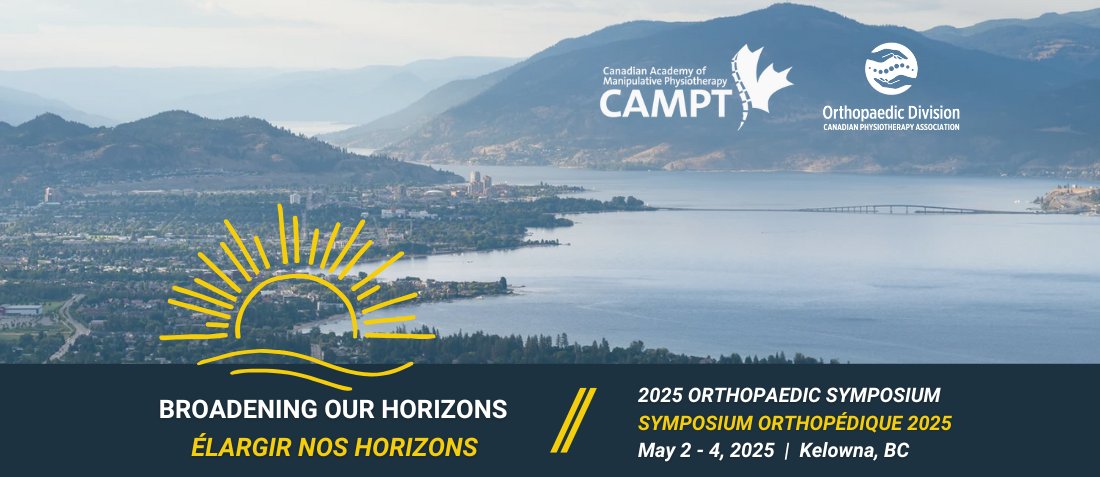Keynotes and Plenary Presenters
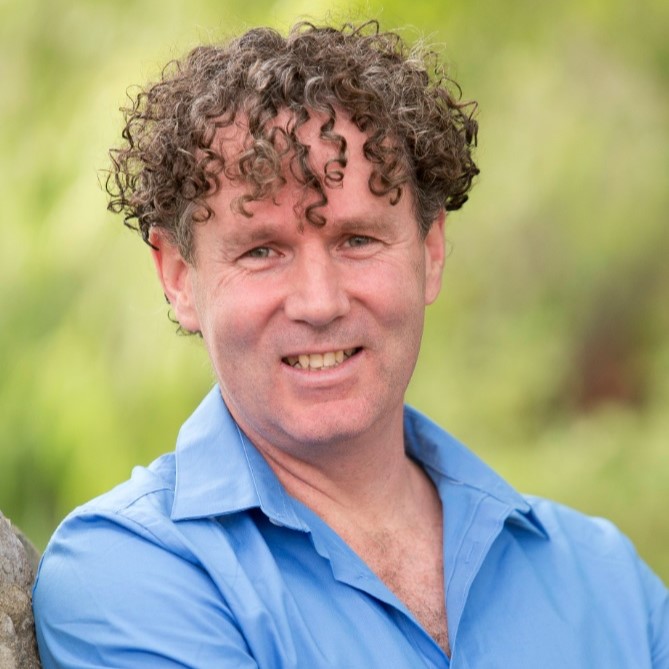 Dr. Peter O’Sullivan
Dr. Peter O’Sullivan
Peter is a Professor at the School of Allied Health Sciences at Curtin University and a Specialist Musculoskeletal Physiotherapist. He is internationally recognised as a leading clinician, researcher and educator in musculoskeletal pain disorders. With his team he has published 350 scientific papers. His passion is translating research to practice.
Offering Hope for People with Disabling Low Back Pain
Low back pain (LBP) is the leading cause of disability worldwide and few treatments provide long term benefits. Cognitive Functional Therapy (CFT) is a person-centred physiotherapist led cognitive and behavioural intervention, that guides people with disabling LBP to self-manage their condition.
CFT uses a multi-dimensional clinical reasoning framework to target an individuals physical and psychological barriers to recovery.
A large multi-centred trial published in the LANCET demonstrated large and sustained reductions in pain and disability with reduced costs, compared to usual care for people with disabling LBP.
CFT was most effective for those who were most disabled.
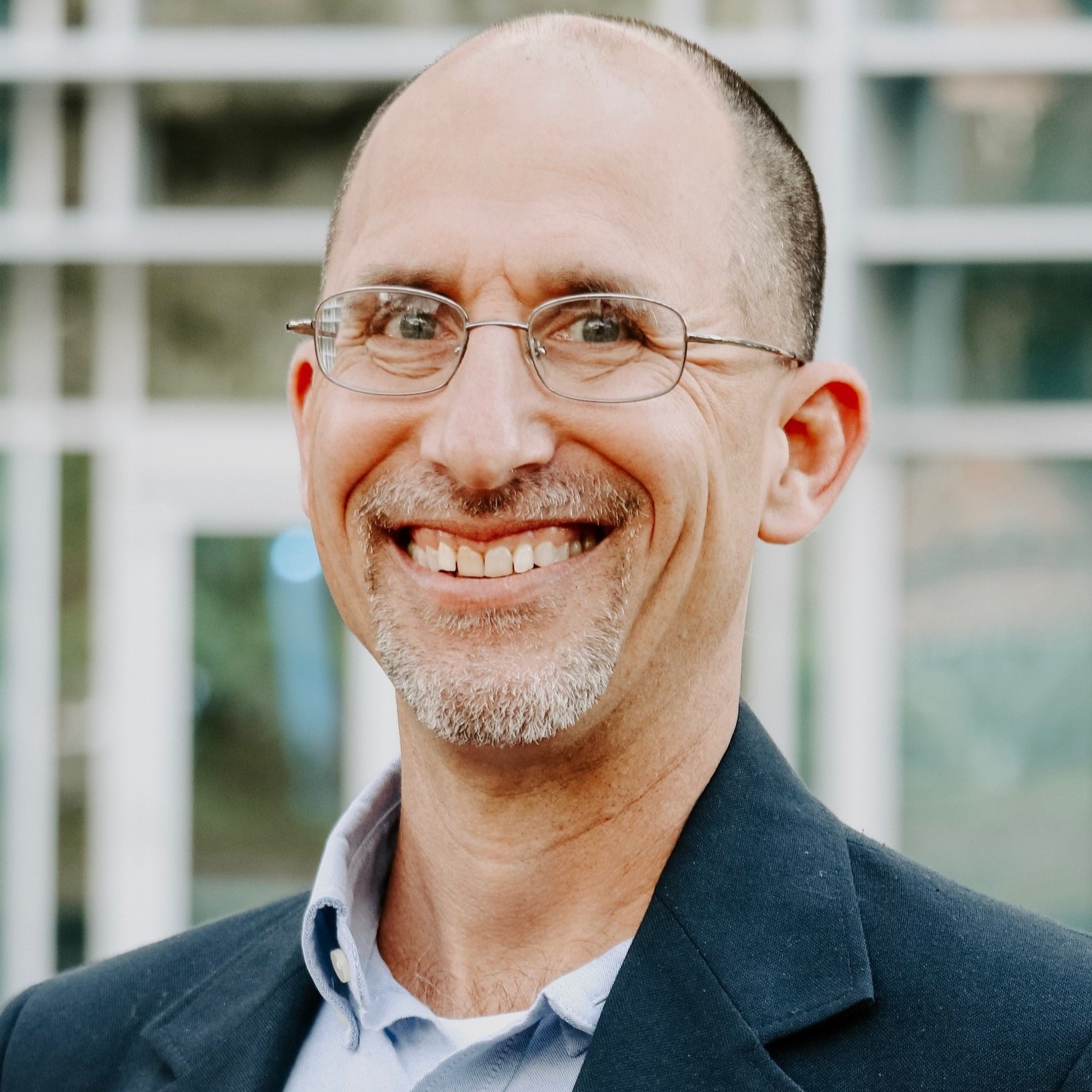 Dr. Joel Bialosky
Dr. Joel Bialosky
Joel Bialosky PT, PhD is a Clinical Professor in the Department of Physical Therapy at The University of Florida in Gainesville, Florida. He received a bachelor’s degree in Physical Therapy from Ithaca College in 1990, an advanced master’s degree in Musculoskeletal Physical Therapy from the University of Pittsburgh in 1998, and a PhD in Rehabilitation Science from the University of Florida in 2008.
The Mechanisms of Manual Therapy (and why you should care)
Manual therapy interventions are effective for some individuals experiencing pain; however, average treatment effect sizes are suboptimal. Understanding “why” manual therapy interventions are effective would allow mechanistic based treatment approaches with the potential for enhancing clinical outcomes through more targeted application. This presentation will argue for the importance of establishing not just whether manual therapy interventions are effective but why they are effective. Further, this presentation will describe an approach to manual therapy within the context of the complex underlying mechanisms related to 1) the mechanical force, 2) the patient, the provider, and their interaction, and 3) resulting neurophysiological responses.
 Dr. Jean-Francois Esculier
Dr. Jean-Francois Esculier
Jean-Francois Esculier, PT, PhD, is a clinician, researcher, and educator interested in running and knee pain. He practices at his clinic in Kelowna BC, MoveMed Physiotherapy, and teaches and conducts research through The Running Clinic and the Faculty of Medicine at the University of British Columbia.
Patellofemoral pain: mythbusting based on the latest research
Research on patellofemoral pain has evolved A LOT over the last 20 years. However, several outdated concepts are still taught in Universities and used by novice and experienced clinicians. The objective of this session is to tackle some of the main myths about patellofemoral pain and improve your clinical outcomes.
 Dr. Jackie Whittaker
Dr. Jackie Whittaker
Jackie Whittaker is an Associate Professor in the Department of Physical Therapy, at the University of British Columbia, and Research Scientist at Arthritis Research Canada. She was the first Canadian physiotherapist to be a Fellow of the Canadian Academy of Manipulative Physiotherapy, recognized by the Canadian Physiotherapy Association as a clinical specialist in musculoskeletal rehabilitation, and hold a PhD. It is the combination of qualifications that is the first or unique. Her research takes a lifespan approach to preventing musculoskeletal conditions, with a particular emphasis on knee osteoarthritis. Jackie’s research is guided by 21 years of clinical practice and has resulted in over 100 peer-reviewed publications.
Don’t Stop Believin’: Optimizing knee health after injury to prevent osteoarthritis
Knee injuries are common, life-altering, and a potent risk factor for osteoarthritis. Despite this, people who have knee injuries rarely seek or receive care that promotes risk awareness, self-management or targets risk factors. This inaction results in an unmet need commonly expressed as – ‘I had no idea my knee injury was going to impact me for the rest of my life, I wish I’d known what I could’ve done different’. This presentation will cover what is known about who is at greatest risk for post-traumatic knee osteoarthritis and why, and what steps can be taken to reduce this risk. This information can guide rehabilitation of people with knee injuries keeping osteoarthritis prevention front of mind so that fewer people have to live with its devastating effects.
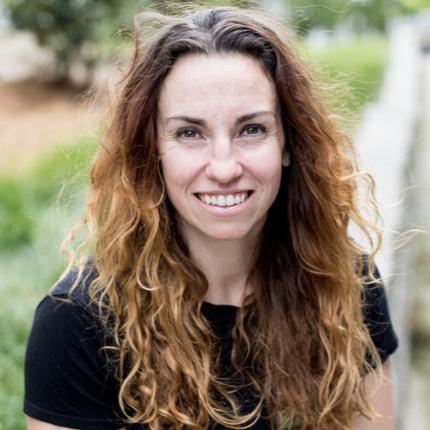 Dr. Christina Prevett
Dr. Christina Prevett
Christina Prevett is physiotherapist and postdoctoral research fellow at the University of Alberta investigating the role of resistance training in the perinatal space. She completed her PhD at McMaster University in Rehabilitation Sciences looking at high-load resistance training in an aging population. She is the division lead and faculty in the geriatric division teaching across North America for the Institute of Clinical Excellence. She is a firm believer in the protectiveness of strength training in capacity across the lifespan.
Older adults are living at their 1-rep Max
Frailty and sarcopenia are two clinical geriatric syndromes marked by clinically relevant loss in muscle strength. With loss in muscular strength a component of the aging process, maintaining muscle mass into older age is imperative. Despite this, older adults are often given resistance training programs in rehabilitation with 1) appropriate quantifiable baseline assessments of strength and 2) without adequate intensity. In this session, Dr. Prevett will look at the state of geriatric rehabilitation and provide a reframe for how to approach movement in geriatric rehabilitation.
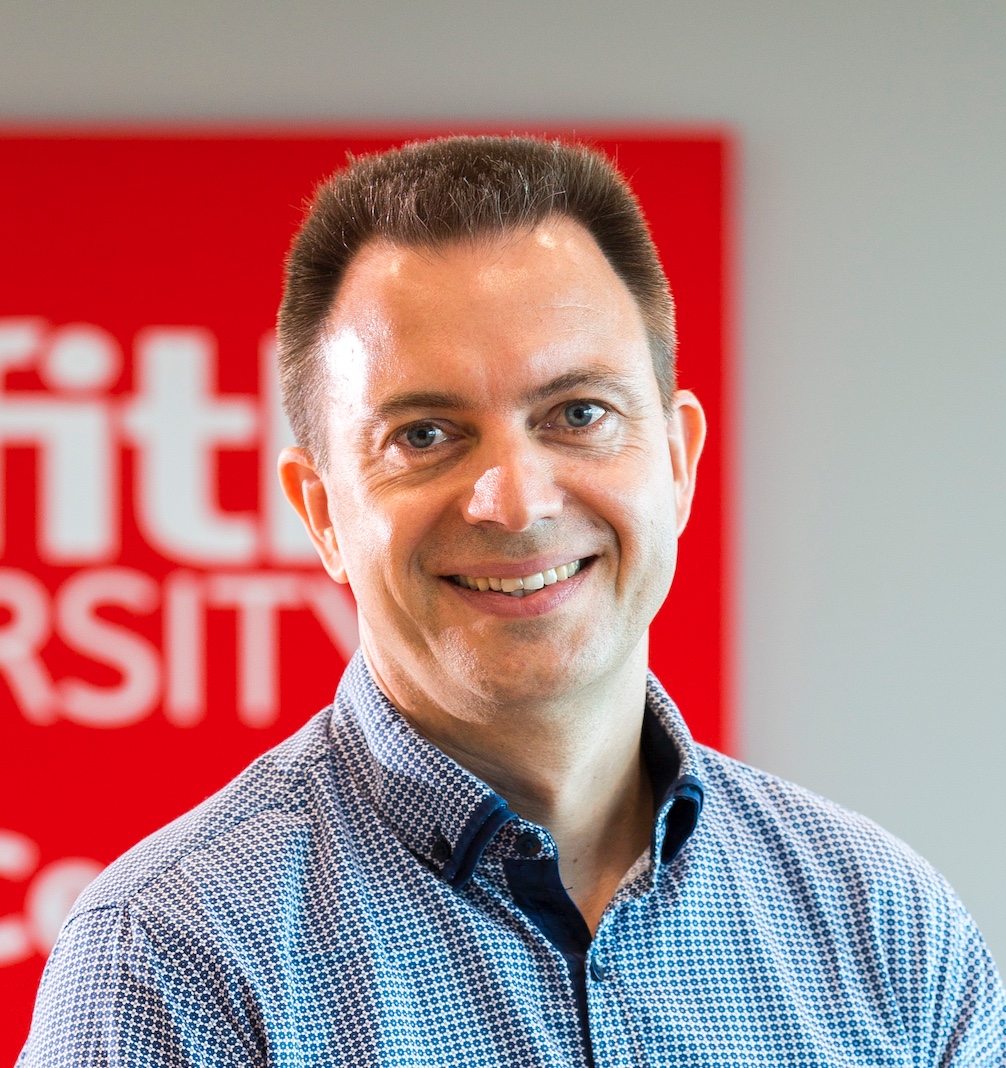 Dr. Michel Coppieters
Dr. Michel Coppieters
Michel Coppieters is Professor at Griffith University in Brisbane, Australia, where he directs the Musculoskeletal Health and Persistent Pain research group. Michel is an internationally respected researcher and educator in the field of entrapment neuropathies, diabetic neuropathies and chemotherapy-induced peripheral neuropathies, and the physiotherapy management of peripheral neuropathic pain.
Entrapment and polyneuropathies: Implications for diagnosis and management (and life)
The aim of this keynote presentation is to dive into clinically relevant pathophysiology of peripheral neuropathies, and translate this to understanding diagnostic test limitations and opportunities, and appreciate novel treatment options for people with peripheral neuropathies. Studying systemic neuropathies (such as diabetic neuropathy) and treatment-related neuropathies (such as chemotherapy-induced neuropathy) has informed our understanding of entrapment neuropathies. We will zoom in on the neuro-immune system, the complementary value of diagnostic and technical investigations, and efficacy and working mechanisms of physiotherapeutic interventions and aerobic exercises for people with entrapment neuropathies. There will be a special interest for safety and the value of proposed frameworks for cervical manual therapy and exercise.
